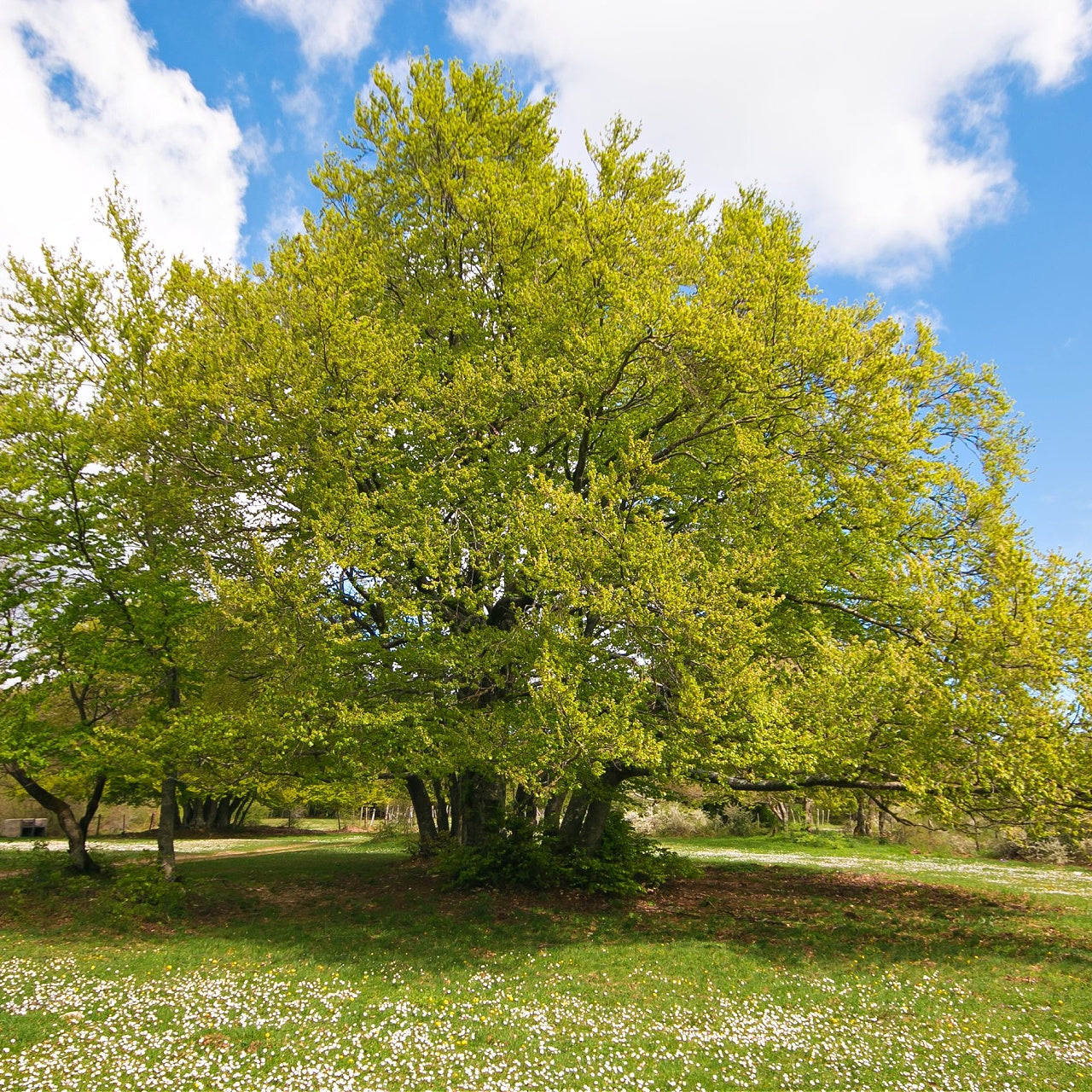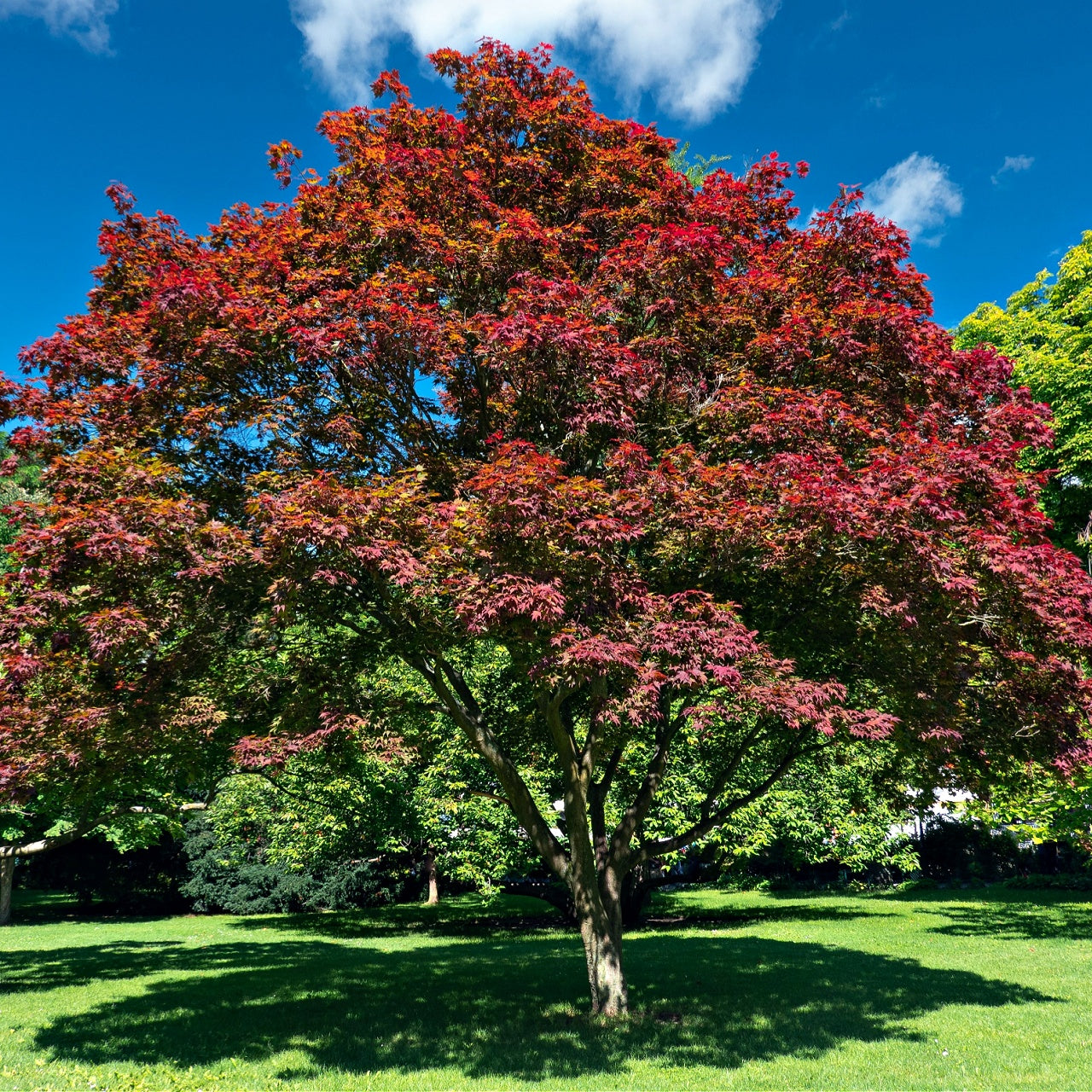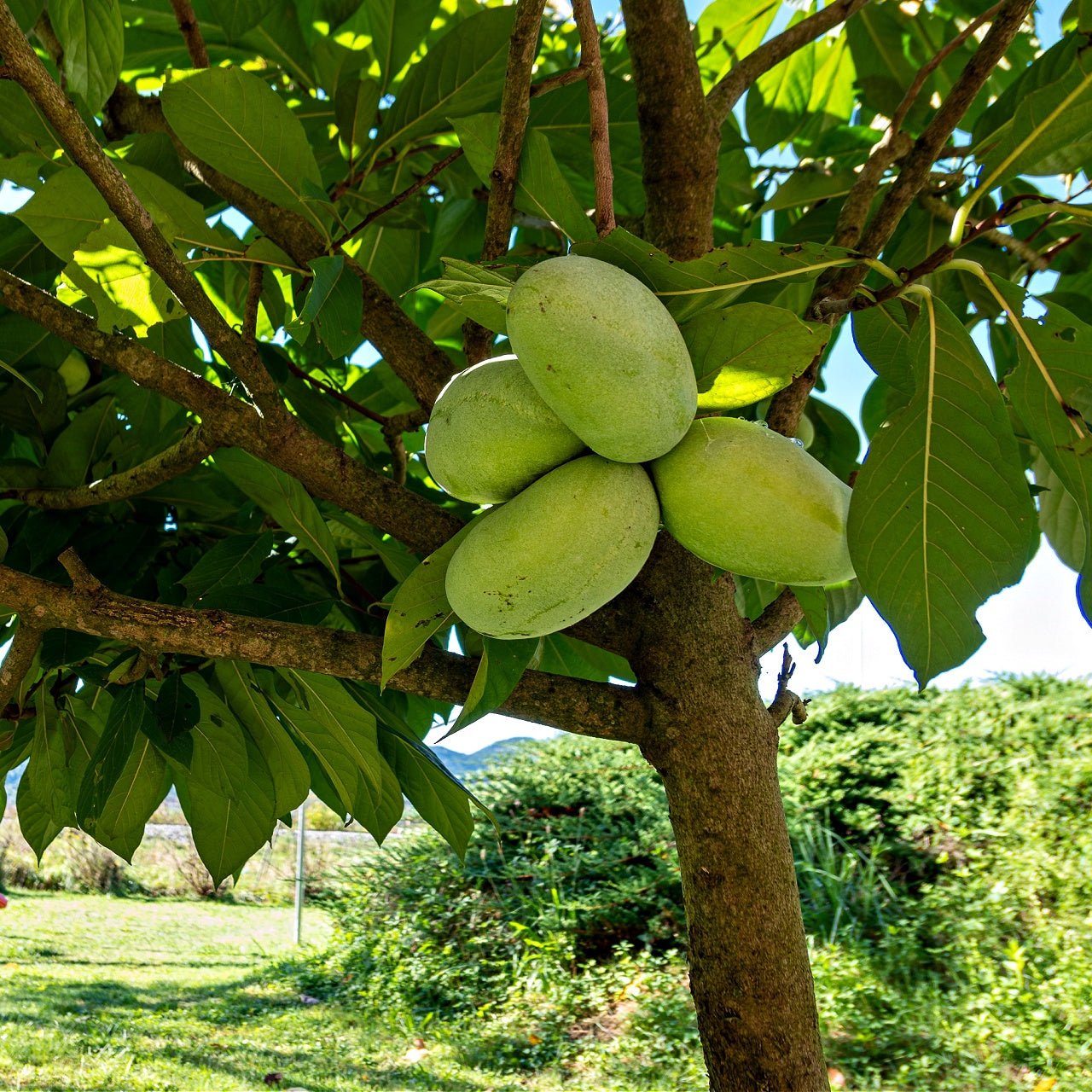
Gardening Practices for a Healthier Planet
Gardening Practices for a Healthier Planet
Sustainable Gardening Techniques: A Greener Approach to Growing
Gardening is a favored pastime for many because it allows them to grow plants and harvest food while bonding with nature. Environmental consciousness motivates gardeners to adopt sustainable gardening techniques, which enable them to cultivate healthy plants while minimizing environmental harm. These methods help protect our planet through resource conservation while reducing waste and supporting biodiversity. People learn to develop stronger ecological bonds with their immediate environment through sustainable gardening.
Soil Health: The Foundation of Sustainability
Every sustainable garden must start with healthy soil as its fundamental foundation. Soil contains living organisms that perform vital nutrient cycling and plant development functions. The vitality of soil can only be preserved by refraining from using synthetic fertilizers and pesticides since these substances damage the soil's sensitive ecosystem of organisms. Organic materials such as compost, mulch, and green manure function as natural agents to enrich soil quality. The materials contribute to better soil quality because they deliver essential nutrients while boosting water retention and drainage properties.
The practice of crop rotation is recognized as the best strategy for maintaining soil health. Continuous planting of the same crops in one field exhausts soil nutrients, which leads to diminished yields and increased pest susceptibility. Practicing crop rotation helps gardeners stop soil degradation while reducing their need for chemical treatments. Gardeners can replenish essential soil nutrients without synthetic fertilizers by adding nitrogen-fixing plants such as legumes to crop rotations.
Cover crops play an essential role in preserving soil health. Farmers plant cover crops during the off-season to achieve benefits such as weed suppression while preventing erosion and enhancing soil organic matter content. Clover, rye, and vetch are popular cover crops that help build sustainable garden ecosystems. Gardeners who adopt these agricultural practices will minimize their use of synthetic materials while enhancing natural soil fertility.

Water Conservation in the Garden
The practice of watering stands as a critical element in gardening, which sustainable methods deeply prioritize through water conservation. To address global water shortages, gardeners must minimize their water consumption. Conserving water initially requires choosing plants that withstand drought while fitting the local climate conditions. Local plants excel in water conservation roles because they have evolved to thrive in regional conditions, which allows them to demand less water and maintenance than introduced species.
Implementing efficient irrigation systems is another effective water conservation method. Drip irrigation systems transport water straight to plant roots, which reduces evaporation and limits runoff. The technique delivers water precisely to the intended plants while avoiding wastage on adjacent soil and weeds. Rainwater harvesting is an essential approach to reducing reliance on public water supplies. By collecting rainwater in barrels or cisterns, gardeners can sustainably operate irrigation systems for their gardens.
Gardeners can better retain soil moisture by mulching their garden beds with efficient watering methods. All types of mulch preserve soil moisture by decreasing the rate of evaporation. The material helps manage soil temperature by stopping it from freezing during winter and overheating during summer. Organic mulches, including straw wood chips and grass clippings, decompose and enrich the soil with nutrients that enhance sustainability.
Promoting Biodiversity and Reducing Pesticides
A sustainable garden depends heavily on maintaining biodiversity. The garden's diverse ecosystem maintains balance while supporting natural pest control mechanisms. Sustainable gardeners prefer to attract multiple species that naturally control pests instead of using chemical pesticides which damage beneficial insects and pollinators.
Planting various flowers, herbs, and shrubs will effectively promote biodiversity in your garden. The plants provide habitat services while supplying nutrition to pollinators such as bees and butterflies, which maintain essential functions in garden ecosystems. Marigolds and garlic help decrease the need for chemical treatments by functioning as natural pest deterrents. Companion planting combines specific plants into shared growing spaces to boost their growth while warding off pests.
When prompted to visit gardens, natural predators such as birds help lower pest numbers. Beneficial insects target aphids, mites, and other harmful pests to preserve garden health naturally without toxic chemicals. Birdhouses and insect hotels establish habitats that allow beneficial creatures to flourish and draw them into the garden environment.
Reducing the chemicals used remains a basic tenet of sustainable gardening practices. Chemical fertilizers, pesticides, and herbicides seep through soil and water sources and harm the surrounding environment, contaminating soil and water sources. Organic alternatives, like neem oil, enable gardeners to protect their plants without damaging the surrounding ecosystem. Healthy soil and diverse plant systems allow plants to defend against diseases and pests, eliminating the need for chemical treatments.
Sustainable Gardening for a Greener Future
Adopting sustainable gardening practices produces methods that enhance environmental consciousness and establish stronger resilience. By focusing on water conservation, soil health, and biodiversity, gardeners create stunning gardens that thrive through natural balance. Such methods deliver environmental advantages and maintain garden health over time. Sustainable gardening lets people experience gardening benefits while keeping ecological impact low through organic matter use, efficient irrigation, and natural pest control. Through these gardening adjustments, gardeners can establish a sustainable future that supports biodiversity for future generations.






